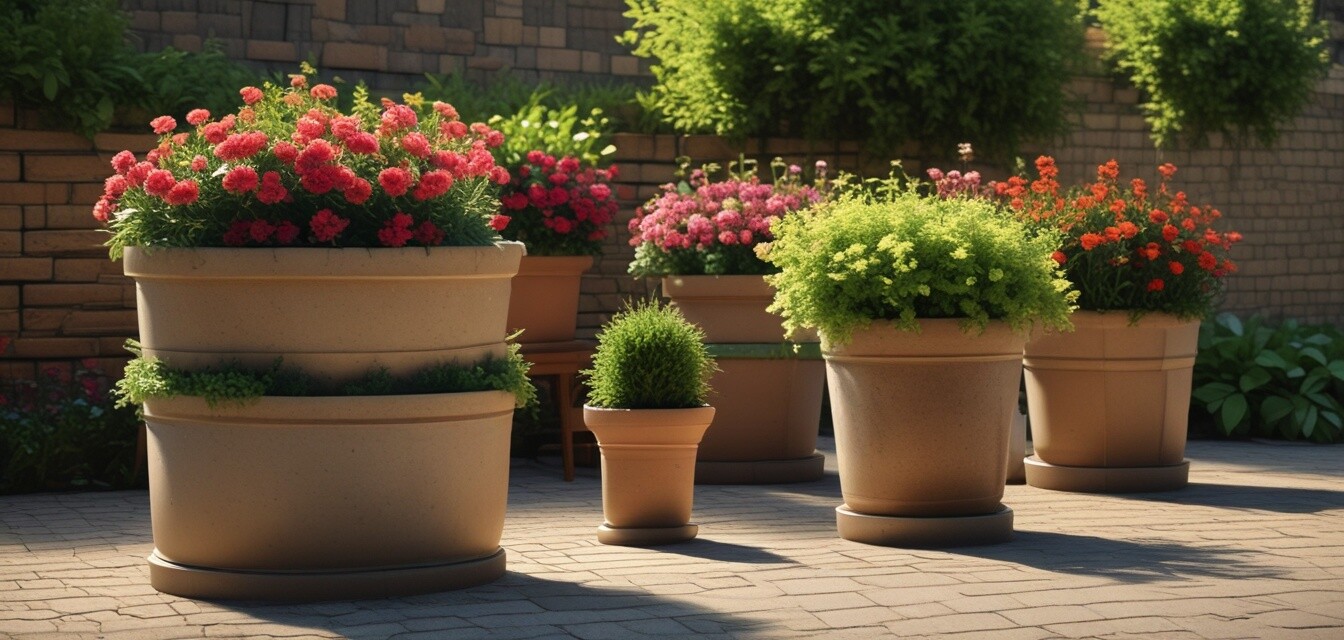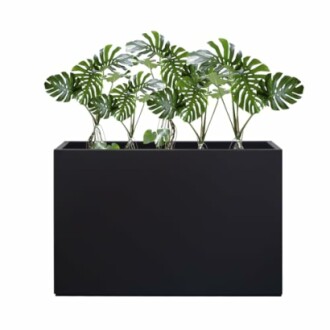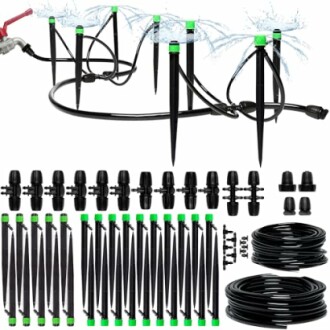
Top Features to Look For in Garden Planters
Key Takeaways
- Consider the material of planters for durability and style.
- Ensure there is an efficient drainage system to promote healthy growth.
- Check the size to accommodate the plants' root systems adequately.
- Look for planters that have weather-resistant features for longevity.
- Adjustable options can enhance versatility in your gardening.
Choosing the right garden planters can significantly influence your gardening success. Not only do planters provide a home for your plants, but they also add style and beauty to your outdoor or indoor space. Here’s a guide that highlights vital features to consider when selecting garden planters.
1. Material
The choice of materials is crucial as it affects the planters' durability, aesthetics, weight, and functionality. Here are common materials used:
| Material | Pros | Cons |
|---|---|---|
| Plastic | Lightweight, affordable, and available in various designs. | Can fade over time and may not be as durable as other materials. |
| Metal | Durable and modern look, ideal for contemporary gardens. | Can conduct heat, leading to potential root burn if not managed. |
| Clay/Terracotta | Breathable material that allows for good drainage. | Heavy and prone to cracking in extreme temperatures. |
| Wood | Natural appearance that blends well with gardens. | May rot over time unless treated or made from durable wood. |
2. Drainage
An effective drainage system is vital for plant health. Here’s what to look for:
- Pre-drilled drainage holes to prevent water accumulation.
- Built-in reservoir systems in certain planters to retain moisture.
- Adjustable features that allow adaptability in watering levels.
Our Recommended Planter
Metal Planter Box Rectangular Block
Crafted from galvanized steel, this spacious planter is resistant to rust and perfect for all-weather use.
Learn More3. Size
The size of the planter should be appropriate for the plants you intend to grow. Consider the following:
- Root Space: Ensure there is enough depth for root development.
- Space Available: Measure where you plan to place your planters.
- Growth Potential: Anticipate the mature size of your plants.
4. Weather Resistance
Your planters must withstand the elements. Here’s what to look out for:
- Materials that resist rust and fading.
- UV protection features to prevent degradation from sunlight.
- Insulation from extreme temperature fluctuations.
5. Adjustable Features
Consider planters that allow for customization to fit your gardening needs:
- Movable partitions or adjustable depths.
- Modular designs that can be rearranged.
- Changeable irrigation systems to suit plant needs.
Another Recommended Product
CARPATHEN Drip Irrigation System
Adjustable premium irrigation system designed for garden and raised beds, simplifying your watering process.
Learn MoreConclusion
Choosing the best garden planters involves understanding essential features like material, drainage, size, weather resistance, and adjustable capabilities. By considering these factors, you can select the right planters that will not only suit your gardening needs but also enhance the beauty of your outdoor space. Explore our full range of luxury planters and irrigation systems to elevate your gardening experience.
Tips for Beginners
- Start with smaller planters to understand plant needs.
- Experiment with different materials to see which works best for your environment.
- Regularly check drainage to ensure optimal moisture levels.
- Join local gardening groups for advice and support.
- Document your progress and plant growth to learn and adapt.

